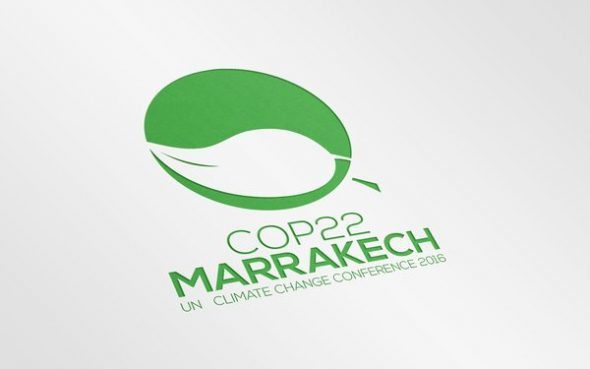The 2016 Marrakech Climate Summit has concluded despite the election of President Trump, with a multitude of country, state, city and business resolutions, commitments and actions. Like many other nations, Australia did well here but needs to step up to match the commitments it made in Paris last year, said The Climate Institute.
“This has been a remarkable meeting of nations. Countries, states, cities, companies and others have responded with grace, vigour and guts to the election of President Trump which could have been a massive blow to climate action,” said John Connor, CEO The Climate Institute from the talks in Marrakech.
In the aftermath of the Trump election a range of commitments and actions were taken including:
- Australia, UK, Italy, Japan, Pakistan, Malaysia and others ratified the Paris Agreement;
- Germany, Canada and the U.S published their 2050 plansto reduce their economies to near net zero emissions, manage the transition, and maximise their competitiveness in a decarbonising world;
- A 2050 platformwas launched for countries, cities and companies as part of an emerging inclusive UN architecture of accountability and assistance;
- The UK published proposals to phase out its coal-fired generators by 2025, Germany’s plans include reducing 2030 emissions from energy by 61 per cent and a commission to manage the transition;
- The Climate Vulnerable Forum, 48 countries representing 1 billion people, issued aMarrakesh Vision, a plan to achieve 100 per cent domestic renewable energy as well as update post 2020 commitments and prepare 2050 strategies;
- 196 countries supported theMarrakech Action Proclamation championing the Paris Agreement as well as highlighting the urgency of action;
- Almost 400 companies, joined separately by BHP, called on President Trump not to walk away from the Paris Agreement.
“Australia’s swift ratification of the Paris Agreement was greeted with respect and relief. The government will need to build on this through next year’s policy review and consideration of post 2030 targets. This is necessary if Australia is to have credible policies and plans to match others in setting a course for net zero emissions and greater climate safety.”
“The Paris Agreement was forged last year amidst a recognition of national, international, investor and individual self interest in avoiding the escalating costs of climate change. Countries are embracing the increasing affordability of, and economic opportunities in, clean technology alternatives.”
“This nationally driven framework has proven an effective shock absorber at these negotiations. No country walked away from its commitment to Paris and instead a number of key initiatives for continued action were made here and around the world.”
“Amidst the drama, and recognising that the Paris agreement came into force far earlier than most expected, procedural advances were slower than hoped. However it is clear the next two years will be vital. The year 2018 is now a clear deadline for the development of a rulebook for the Paris Agreement and for a stocktake on progress towards avoiding 1.5 – 2 degrees of warming above preindustrial levels.”
“Despite the emotion and excitement of the last two weeks, the national commitments made prior to last December’s Paris meeting still have us heading for catastrophic warming of 3 degrees or more. This is far short of the Paris commitments to limit warming to 1.5-2oC, achieve net zero emissions and build greater resilience.”
“Australia, like other nations, now needs to get down to getting to zero emissions and recognise that it can be a winner in the global clean energy future. The government was wise in accepting the bipartisan parliamentary treaties committee recommendation to ratify the Paris Agreement, but it still needs to do much more to live up to the Agreement’s objectives. Australia needs a plan to steadily replace coal power with clean energy by 2035 at the latest and for an economy with net zero emissions before 2050,” concluded Connor.
For media inquiries, contact Brinsley Marlay on 0422 140 555 or [email protected]
John Connor is the CEO of The Climate Institute, www.climateinstitute.org.au








